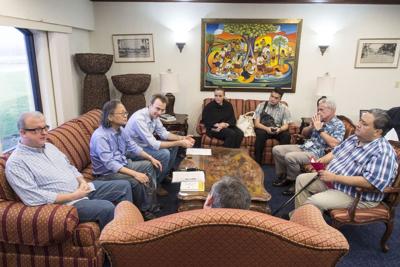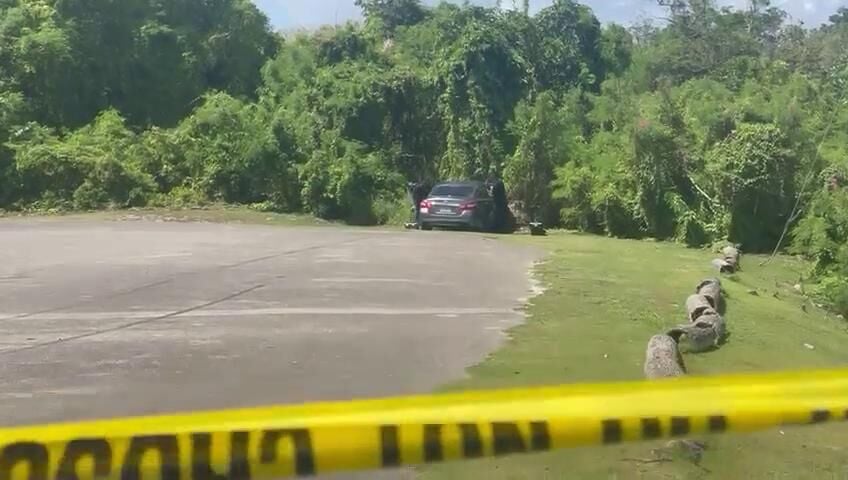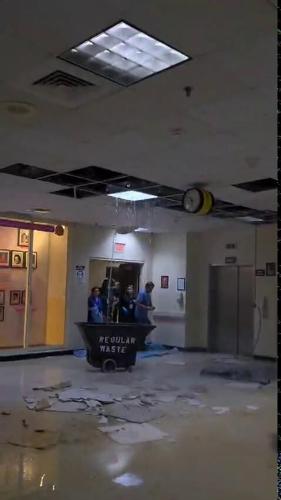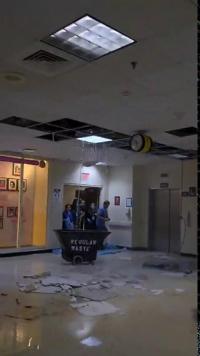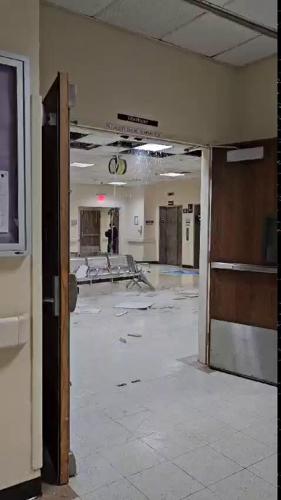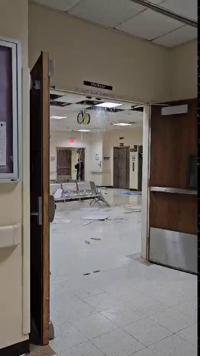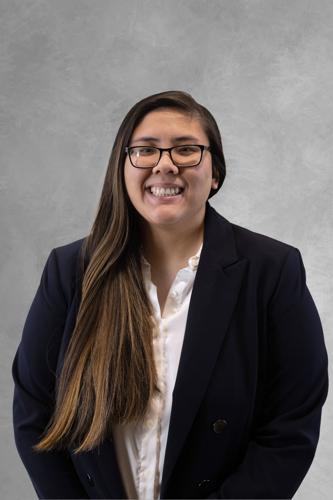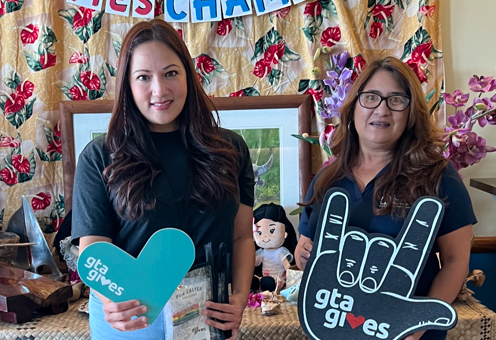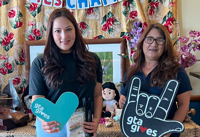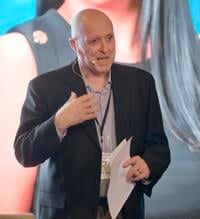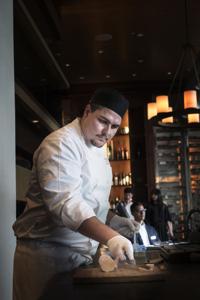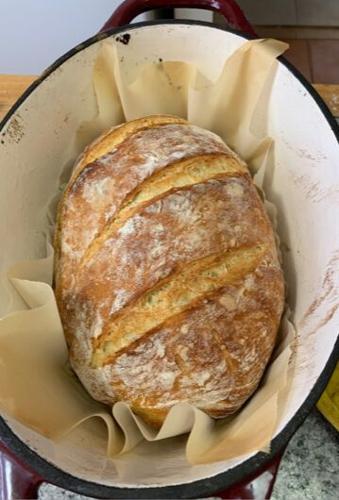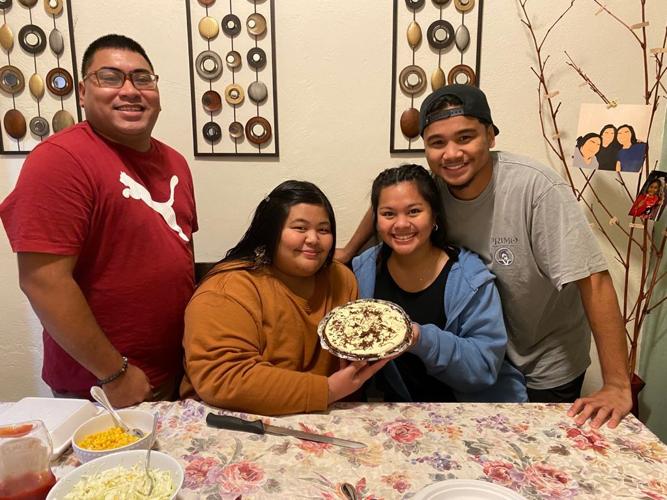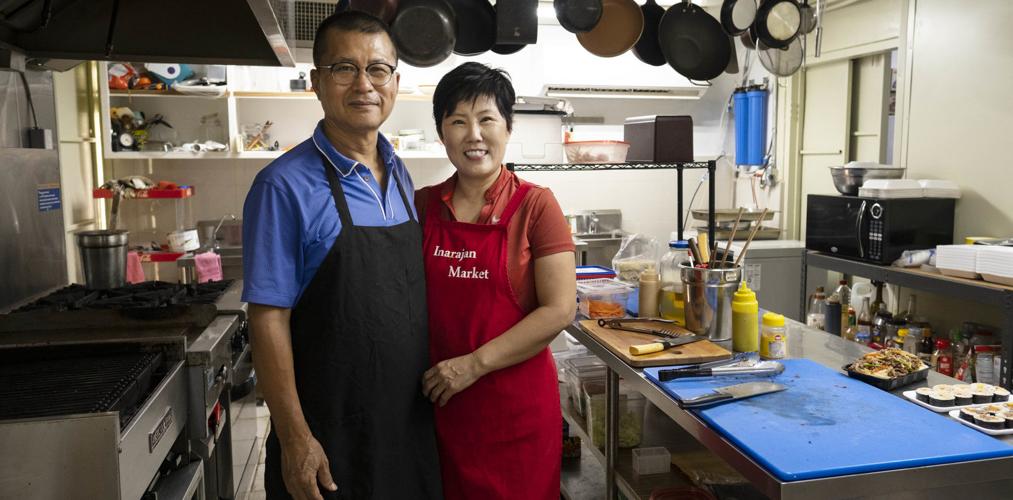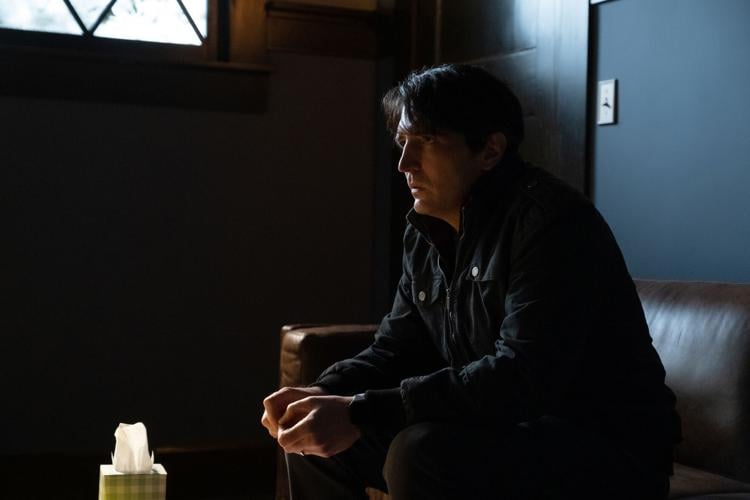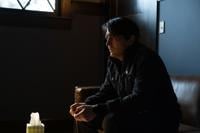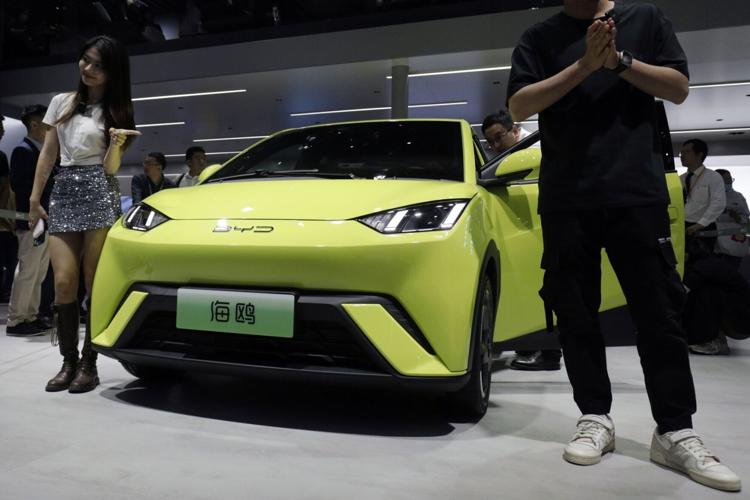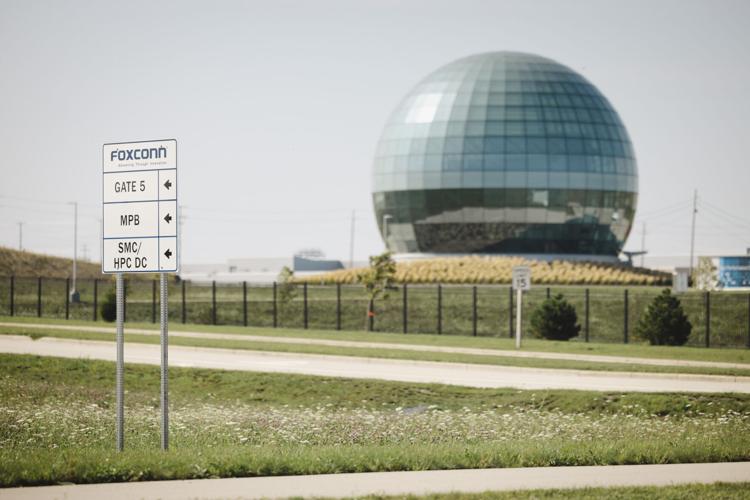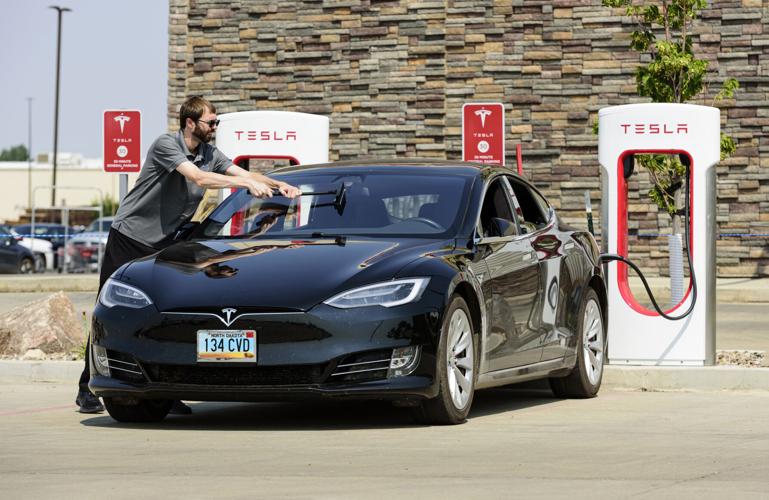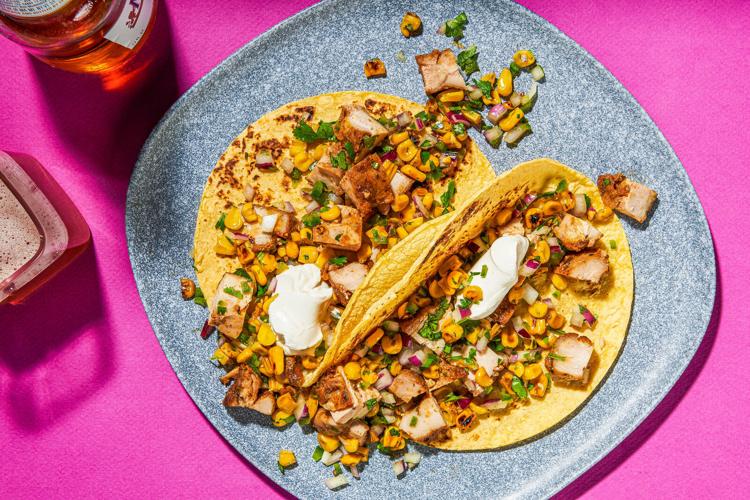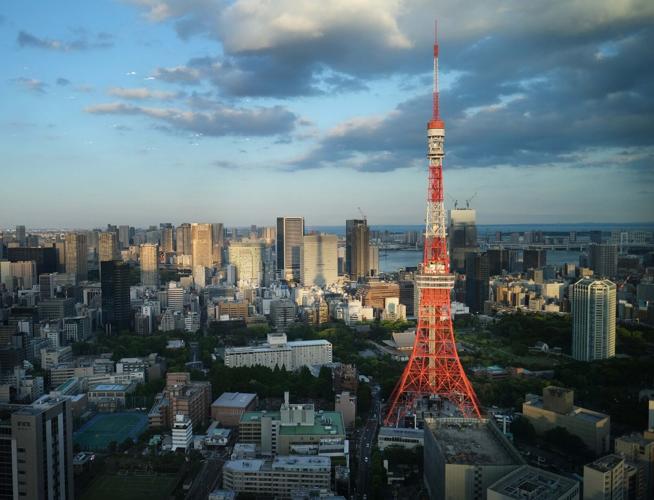Koichi Maeda, president of the Japanese Medical Marijuana Association (JMMA), came to Guam in 2014 to speak to then-Sen. Tina Muña-Barnes about the development of the medical marijuana program. Over two years later, and after a major revision of the medical marijuana law, Maeda is back on island to discuss the possibility of opening up the program to non-residents.
He has already met with Gov. Eddie Calvo, who has thrown some support behind the prospect, and is set to meet with Speaker Benjamin Cruz today on the issue. Maeda said opening up the program in Guam would help Japanese patients burdened by a system that has stigmatized marijuana to the point of restricting medical research on the substance.
"We cannot encourage ordinary Japanese people to come here to smoke because (that) is considered a crime even though it's outside Japan. So they're afraid. But in case of medical patients, they are exempted. ... What we can do is encourage the patients to come," Maeda said.
The JMMA has already introduced some patients to medical marijuana in California but are looking to the island as closer to home. The organization is seeking a letter of support from the governor to submit to the Japanese government as a type of endorsement for its activities but this can't happen without first changing the local law.
The Guam image
Guam's proximity to other Asian countries presents an opportunity for medical tourism, particularly for patients who live in countries with strict regulations against marijuana use. However, as James Gillan, director of the Department of Public Health and Social Services, stated to the Post after the governor's meeting with Maeda, the government may want to be careful in how it presents itself as a destination for marijuana use so as not to draw negative publicity from these countries.
Japan, despite declining visitor numbers, remains Guam's largest source of tourists.
"The attitude around Marijuana is changing. ... As that happens, the places in the world first to adopt are uniquely poised to take advantage of an experimental atmosphere," said Colin Kawaguchi, Maeda's translator.
"A place like Guam ... a government that is willing to try new things and a population that supports the idea of medical marijuana ... having that nearby is going to really help activists in countries that are working toward bringing medical marijuana there already, such as (JMMA)."
Kawaguchi added that the local government could work with organizations already promoting medical marijuana in places like Japan and Korea – Guam's largest markets – to ensure the island's image isn't wrapped up with "partying on the beach and not somewhere you want your kids going."
A voice
Maeda and JMMA come to Guam before the medical marijuana program is fully implemented. Gillan said additional regulation is needed and no cultivation, manufacturing and distribution or laboratory testing applications have been submitted yet. It may be six months before any product is available.
Kawaguchi said the purpose of entering the discussion early is to be a voice for Japanese tourists hoping to come to Guam for medical treatment. Maeda said it was too early to say how many patients will flock to Guam but once legislative doors open for medical marijuana use, then he will begin the conversation with patients in Japan. Once Japanese patients receive treatment on Guam, JMMA plans to have them speak about the experience to other patients.
The organization is also offering to advertise Guam for medical tourism. This is also to educate Japanese patients who may be uncertain about seeking medical marijuana on Guam.
"Mutual cooperation will be necessary to be safe. ... By one sentence it will be sometimes decided if (patients) come," Maeda said. "Very carefully, I want (GovGuam) to make the law and if there are some points you don't understand very well, ask us and we'll explain."

